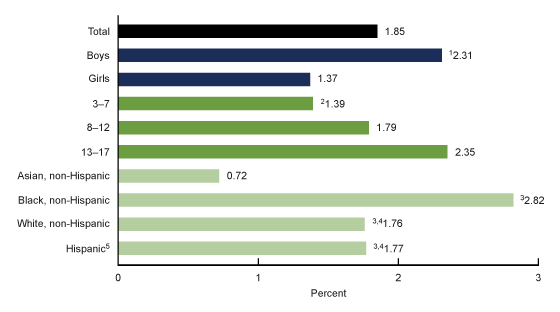In The Politics of Autism, I discuss the congressional role in the issue.
I have an article at The Forum: "Disability Policy in the Contemporary Congress." Abstract:
The politics of disability policy in the contemporary Congress confirms the observation by James Curry and Frances Lee that lawmaking largely remains a process of bipartisan accommodation. Most major disability legislation since the 1970s has passed with bipartisan sponsorship and support. One reason is that the issue affects so many Americans, including members of Congress. There have been some exceptions to this bipartisan pattern, particularly when disability policy intersects with more contentious issues. And bipartisanship does not guarantee outcomes that are satisfactory to people with disabilities.
The current Congress might depart from this pattern.
Dear Chairwoman Granger and Ranking Member DeLauro,
The undersigned organizational members of the Consortium for Constituents with Disabilities (CCD) write to oppose the devastating cuts to the subcommittee allocations that were approved on June 15. We are deeply concerned about the significantly lower allocation levels compared to the caps set in the bipartisan budget agreement. The 302(b) numbers fall roughly $119 billion below the nondefense budget cap or FY 2022 levels agreed upon in the bipartisan agreement.
CCD is the largest coalition of national organizations working together to advocate for Federal public policy that ensures the self- determination, independence, empowerment, integration and inclusion of children and adults with disabilities in all aspects of society free from racism, ableism, sexism, and xenophobia, as well as LGBTQ+ based discrimination and religious intolerance. We are united in our stance against these detrimental cuts that will severely impact the lives of people with disabilities.
It is important to highlight that many federal departments including the Departments of Health and Human Services, Education, Labor, Agriculture, Transportation, and Housing and Urban Development fund crucial programs for individuals with disabilities. However, these programs are all at risk of facing over 25% in cuts.
Such drastic cuts will have grave consequences for housing assistance, education programs, healthcare, transportation, food assistance, employment opportunities, and other vital supports and services that are integral to the well-being of people with disabilities, many of whom already live with low incomes or in poverty. These needless reductions in funding will undoubtedly result in increased homelessness, children going without food, and a lack of transportation options for individuals seeking employment. Tragically, some individuals may even lose their lives due to the severity of these cuts.
Furthermore, we are deeply concerned that continued disagreements from the agreed upon allocations could result in a government shutdown that would greatly disrupt the lives of hundreds of thousands of federal employees and contractors with disabilities.
We implore you to recognize the immense harm that these cuts will inflict on individuals with disabilities and to take immediate action to rectify this situation. Our nation's commitment to inclusivity and compassion must not be compromised by short-sighted budgetary decisions.
We respectfully request that you agree to the funding levels for non-defense discretionary programs to at least the levels agreed to in the Fiscal Responsibility Act.
Investing in programs that directly benefit individuals with disabilities is not only morally right but also economically beneficial, as it fosters independence, productivity, and a stronger society as a whole. Please contact CCD Fiscal Policy Task Force Co-Chairs Kim Musheno at kmusheno@autism-society.org and Cindy Smith at csmith@aucd.org with any questions.
Thank you for your attention to this urgent matter.
Sincerely,
Undersigned organizations
- American Academy of Pediatrics
- American Music Therapy Association
- Amputee Coalition
- Association of Assistive Technology Act Programs
- American Association on Health and Disability
- Association of University Centers on Disabilities
- Autistic Self Advocacy Network
- Autism Society of America
- Autism Speaks
- Autistic Women & Nonbinary Network
- Bazelon Center for Mental Health Law
- CommunicationFIRST
- Council for Exceptional Children
- Division for Learning Disabilities - Council for Exceptional Children
- Disability Rights Education & Defense Fund
- Epilepsy Foundation
- Higher Education Consortium for Special Education (HECSE)
- Justice in Aging
- Lakeshore Foundation
- National Association of Councils on Developmental Disabilities
- National Disability Rights Network (NDRN)
- National Down Syndrome Congress
- National Respite Coalition
- Pandemic Patients
- Paralyzed Veterans of America
- Special Needs Alliance
- Teacher Education Division of the Council for Exceptional Children (TED)
- TASH
- The Advocacy Institute
- The Arc of the United States
- The Kelsey


